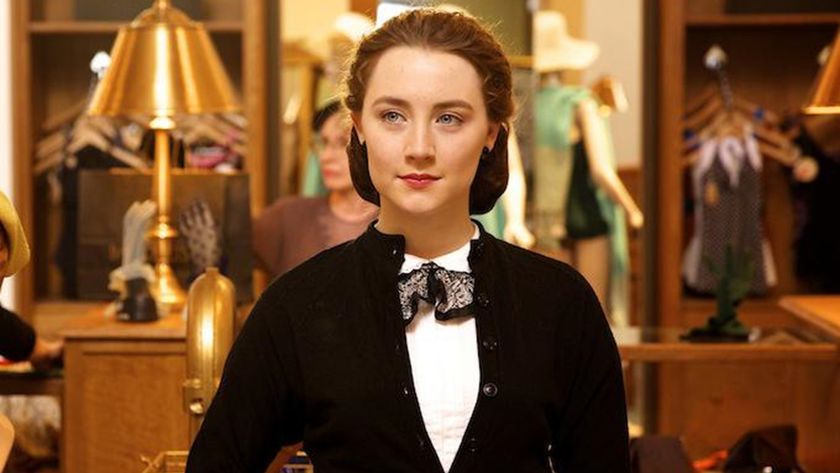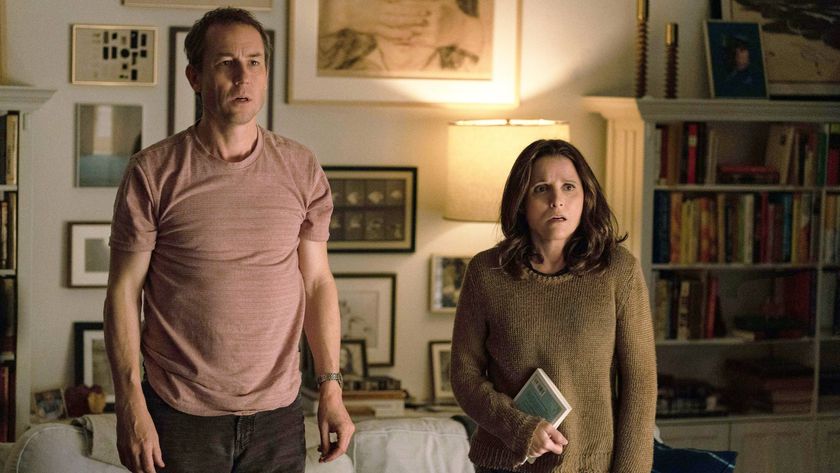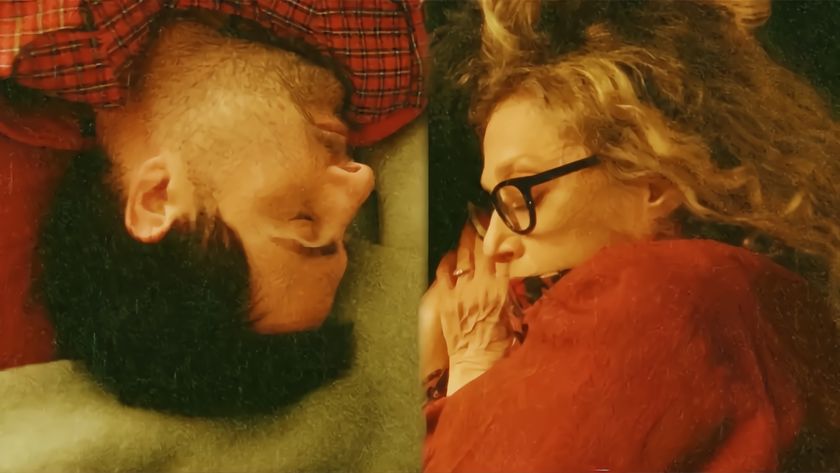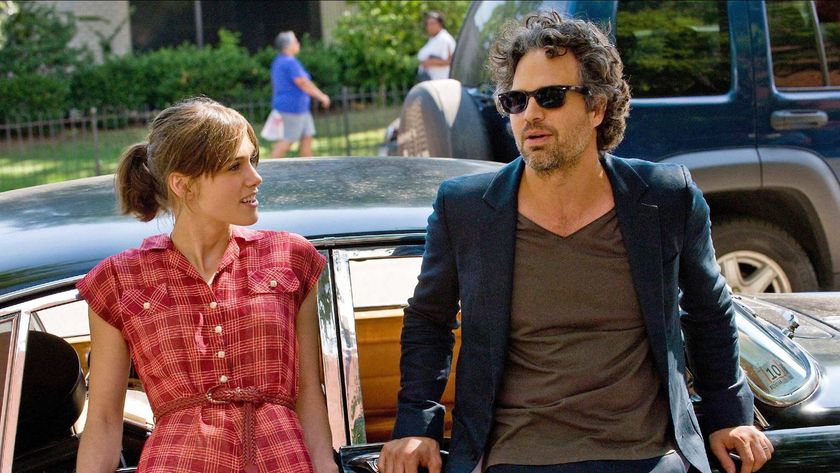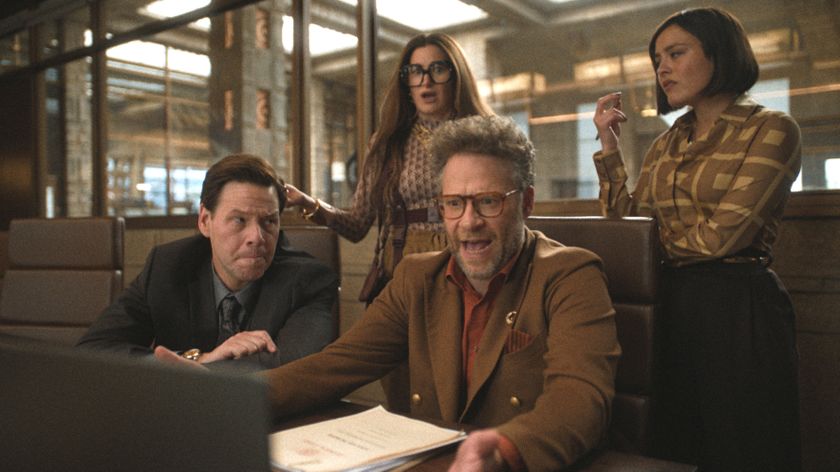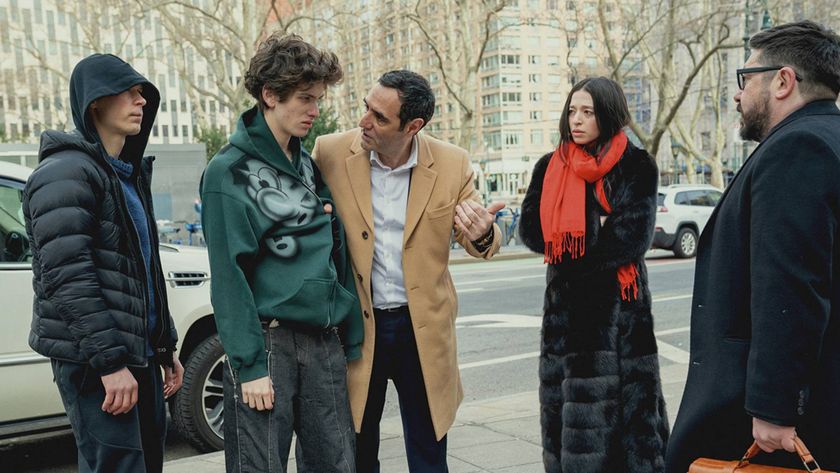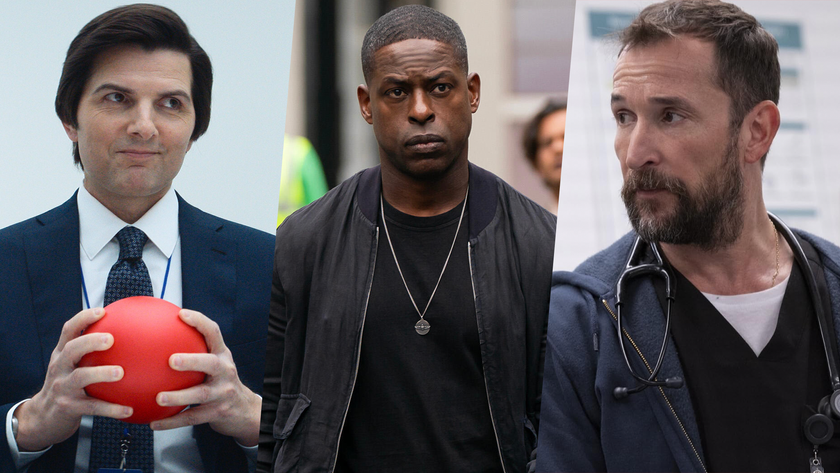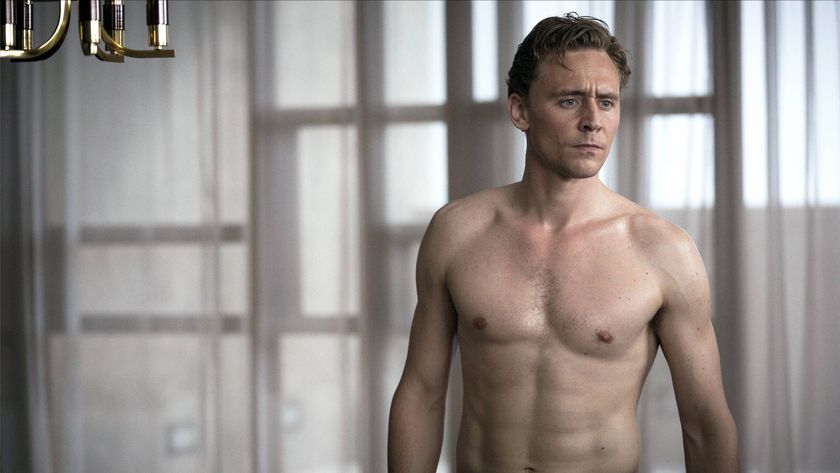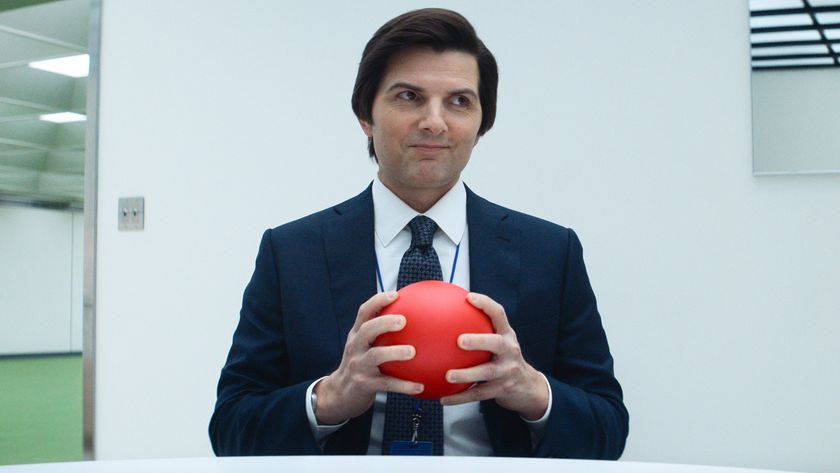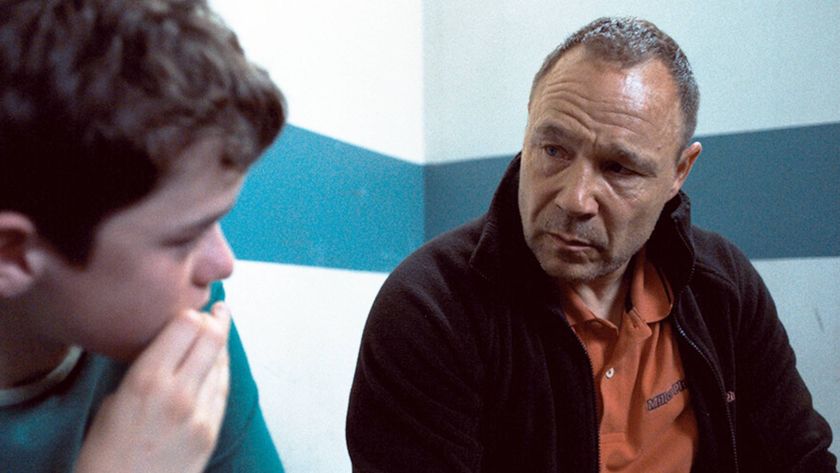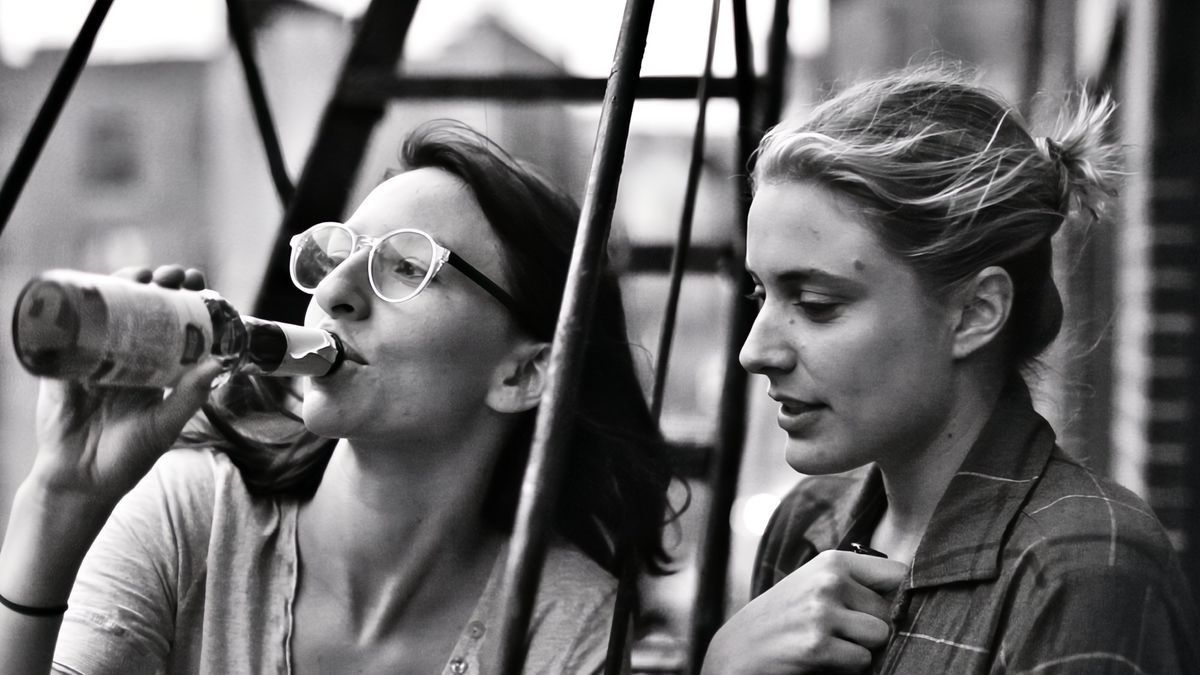
I was already in my 30s when Noah Baumbach’s “Frances Ha” was released in theaters in 2012, but that doesn’t mean I couldn’t identify with its flailing 27-year-old title character, played by Baumbach’s personal and professional partner Greta Gerwig.
The movie has gained resonance as time has gone on, not only personally for viewers like me but also for the trajectory of Gerwig’s career. It’s leaving Netflix on Nov. 30, and anyone who enjoys Gerwig’s work should take the opportunity to check out this wonderful early example of her screenwriting.
Anyone who remembers feeling lost and unfocused in their 20s — or maybe feels that way now — should check out “Frances Ha” as well, since it’s one of the best adult coming-of-age movies of the past two decades. That’s a credit to the ongoing collaboration between Baumbach and Gerwig, who co-wrote the screenplay for “Frances Ha” after Gerwig co-starred in Baumbach’s previous film “Greenberg.”
Certain elements of the movie, especially Frances’ trip back to her hometown of Sacramento, could be warm-ups for Gerwig’s later films as a writer and director (including “Lady Bird” and “Barbie”), but it doesn’t need that added context in order to be delightful and affecting.
Frances is a charming, relatable mess

One of Frances’ enduring habits is her seeming state of denial of her own status as an adult with responsibilities, even though she lives in New York City and has a full-time job (for a while, at least). “I don’t know if I believe anything I’m saying,” she tells her soon-to-be-ex-boyfriend in the middle of their awkward, apologetic break-up at the beginning of the movie.
Later, on a date with hipster artist Lev (Adam Driver), she covers her embarrassment over her lack of funds by asserting, “I’m not a real person yet.” Even when wearing a uniform and pouring drinks at a reception, she tells a co-worker, “I’m not a waitress — I just pour.”
Protests like this could sound pathetic, but Gerwig makes them endearing, because Frances is never a self-centered whiner, like the protagonists of some earlier Baumbach movies. She’s earnest and likable, and she genuinely wants to connect with people, even if she seems to have no idea how to do that.
Most importantly, she wants to maintain connected to her best friend Sophie (Mickey Sumner), who’s her roommate and soulmate, the person she wants to grow old with, albeit platonically.
‘Frances Ha’ is a moving depiction of friendship
The movie opens with a montage of Frances and Sophie living their idyllic NYC life, roaming around the city and then cozying up together at home, engaged in old-married-couple activities like knitting and playing board games. Frances answers a call from Sophie as she’s in the process of breaking up with her boyfriend, and one of the primary reasons they break up is that he wants her to move in with him, but she isn’t willing to leave Sophie.
“We are like a lesbian couple that doesn’t have sex anymore,” Frances says, but there’s no sexual tension between the characters, just the intense bond of close friends who met at a formative time in their lives.
That’s why it’s so jarring for Frances when Sophie somewhat casually says she’s planning to move out, to live with a different roommate in a more desirable part of town. Later, Sophie gets serious with her finance-bro boyfriend, and Frances feels even more distance between the two of them.
A professional dancer who’s never progressed beyond apprentice status in the company where she works, Frances drifts from residence to residence, living with various unreliable roommates, and the episodic story is punctuated by title cards of her different addresses. She watches people her age make plans for careers, marriage and children, and she’s more likely to rack up credit card debt to travel to Paris for two days.
‘Frances Ha’ is a gorgeous and evocative throwback
As much as “Frances Ha” points toward later work from Gerwig and Baumbach, it’s also a lovely tribute to vintage cinema, including the films of the French New Wave and early Woody Allen. Baumbach shoots in gritty black and white, which also allows for immediacy and energy in the intimate interactions. The mid-film scene of Frances running through the streets of New York set to David Bowie’s “Modern Love” comes off as a spontaneous burst of enthusiasm, even if it’s been carefully planned.
The performances feel honest and insightful, and the story doesn’t give Frances a grand redemption arc or an unearned moment of triumph. It’s a small movie about a small life, but that’s what makes it so beautiful.
Watch "Frances Ha" through November 30 on Netflix.
More from Tom's Guide
Sign up to get the BEST of Tom's Guide direct to your inbox.
Get instant access to breaking news, the hottest reviews, great deals and helpful tips.

Josh Bell is a freelance writer and movie/TV critic based in Las Vegas. He's the former film editor of Las Vegas Weekly and has written about movies and TV for Vulture, Inverse, CBR, Crooked Marquee and more. With comedian Jason Harris, he co-hosts the podcast Awesome Movie Year.
